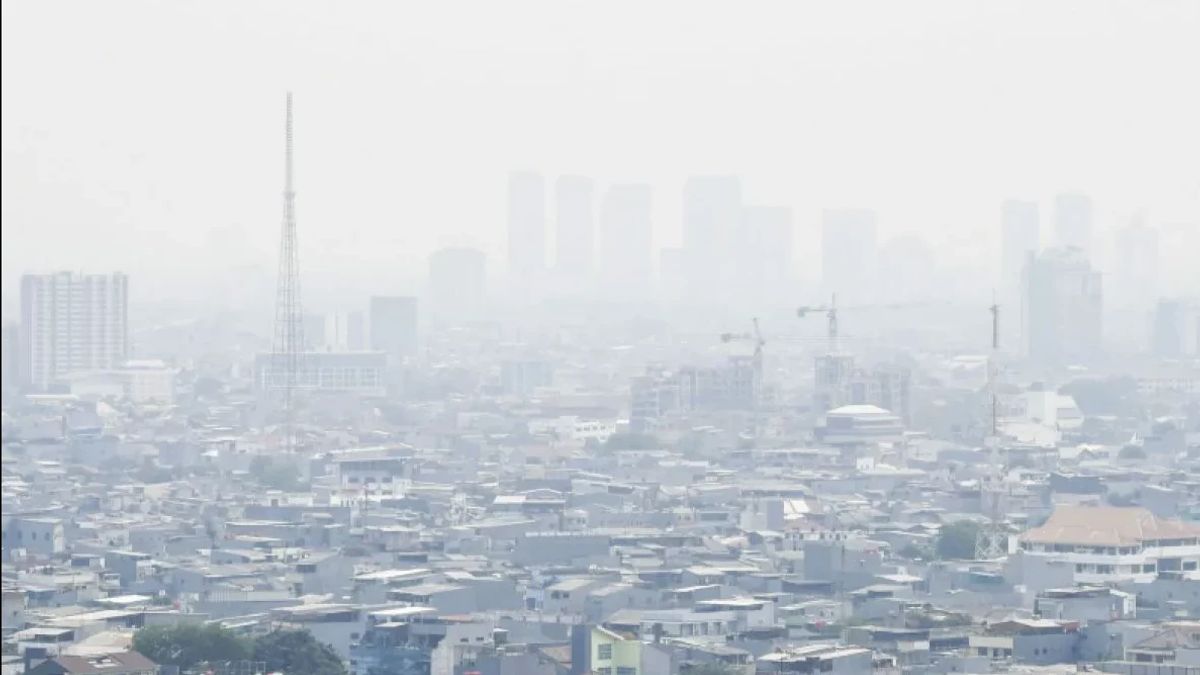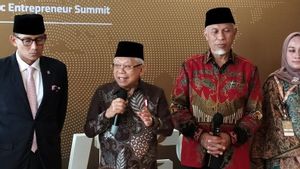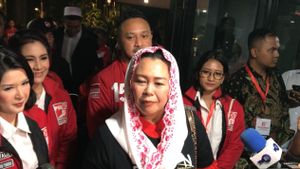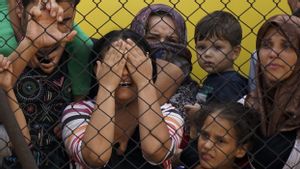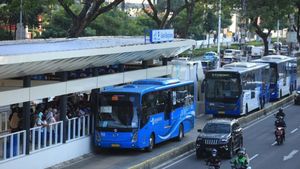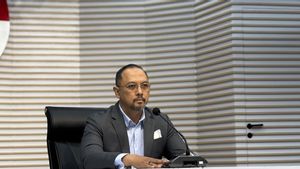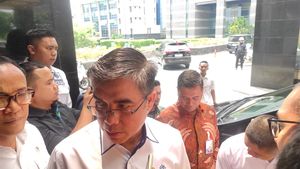JAKARTA - Director of Prevention and Control of Infectious Diseases at the Ministry of Health (Kemenkes) Imran Pambudi explained that cases of Acute Respiratory Channel Infection (ISPA) in Jabodetabek increased in line with the increase in air pollution levels.
"We can't say how much the weather affects, but we can see that the trend of increasing ISPA cases is in line with the increase in pollution levels, in general, we have a week trend, starting Monday (4/9) increasing compared to last week," said Imran as quoted by ANTARA, Friday, September 8.
Based on data submitted by Imran, the non-pneumonia ISPA case (attacking the respiratory tract from the throat to the top, for example coughing) was recorded to have mostly occurred in East Jakarta, reaching 3,115 cases on Tuesday (5/9), surging compared to Wednesday (30/8), which was 2,419 cases.
"Until now, the proportion of ISPA cases as a whole is still dominated by productive age (17-50 years), but if there is a pneumonia problem (attacking the respiratory tract to the lungs, for example shortness of breath) there are more toddlers, because toddlers are short of respiratory tract, so they are more susceptible to pneumonia, "he said.
Data on pneumonia cases shows that West Jakarta with the highest cases as of Wednesday (6/9) is 84 cases, followed by Bogor City with 79 cases, and Tangerang Regency with 36 cases. Bogor Regency had recorded the highest increase in pneumonia cases on Monday (4/9), which was 192 cases.
The percentage of non-pneumonia ISPA cases is 55 percent in the productive age population, while for the case of ARI pneumonia, which is 55 percent in toddlers.
To overcome the deteriorating air quality, the Ministry of Health has made efforts in the health sector, including monitoring air quality and decreasing risks and health impacts.
Air quality monitoring efforts include completing 674 health centers in Jabodetabek with Air Quality Monitoring System (AQMS) devices, completing referral laboratories, and preparing mobile labs for pollutant type identification and source.
Meanwhile, efforts to reduce risks and health impacts include educating the public, recommending KF94 masks, KN95 and cloth masks with a 2.5 party matter (PM) filter, disease surveillance, and the readiness of health facilities.
"We have given a circular to health centers throughout Jabodetabek, we remind them that they must be prepared to receive complaints about diseases related to air pollution. Preparing it, including logistical problems to reporting. Now reporting can be done daily," he said.
SEE ALSO:
He also emphasized that the puskesmas could immediately respond to the circular that had been given by the Ministry of Health.
"In several health centers, which I know in Cilandak, South Jakarta, there is a pollution corner, which facilitates the public for counseling, provides information on whether respiratory-related diseases experienced by local residents arise due to pollution. So I think it depends on the innovations of each puskesmas and service to respond to the conditions that occur," said Imran.
Several important things need to be done by puskesmas, hospitals, and other health facilities, according to Imran, namely readiness in terms of reporting, health workers, medicines, oxygen, and antibiotics in case of an increase in pneumonia cases.
The English, Chinese, Japanese, Arabic, and French versions are automatically generated by the AI. So there may still be inaccuracies in translating, please always see Indonesian as our main language. (system supported by DigitalSiber.id)
